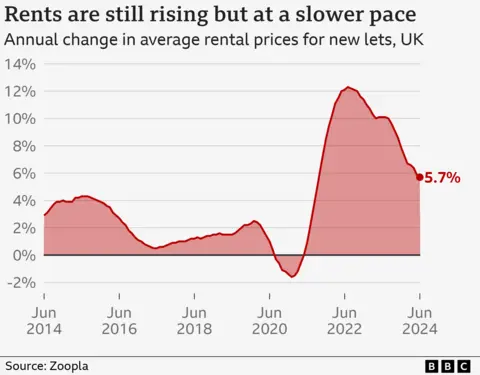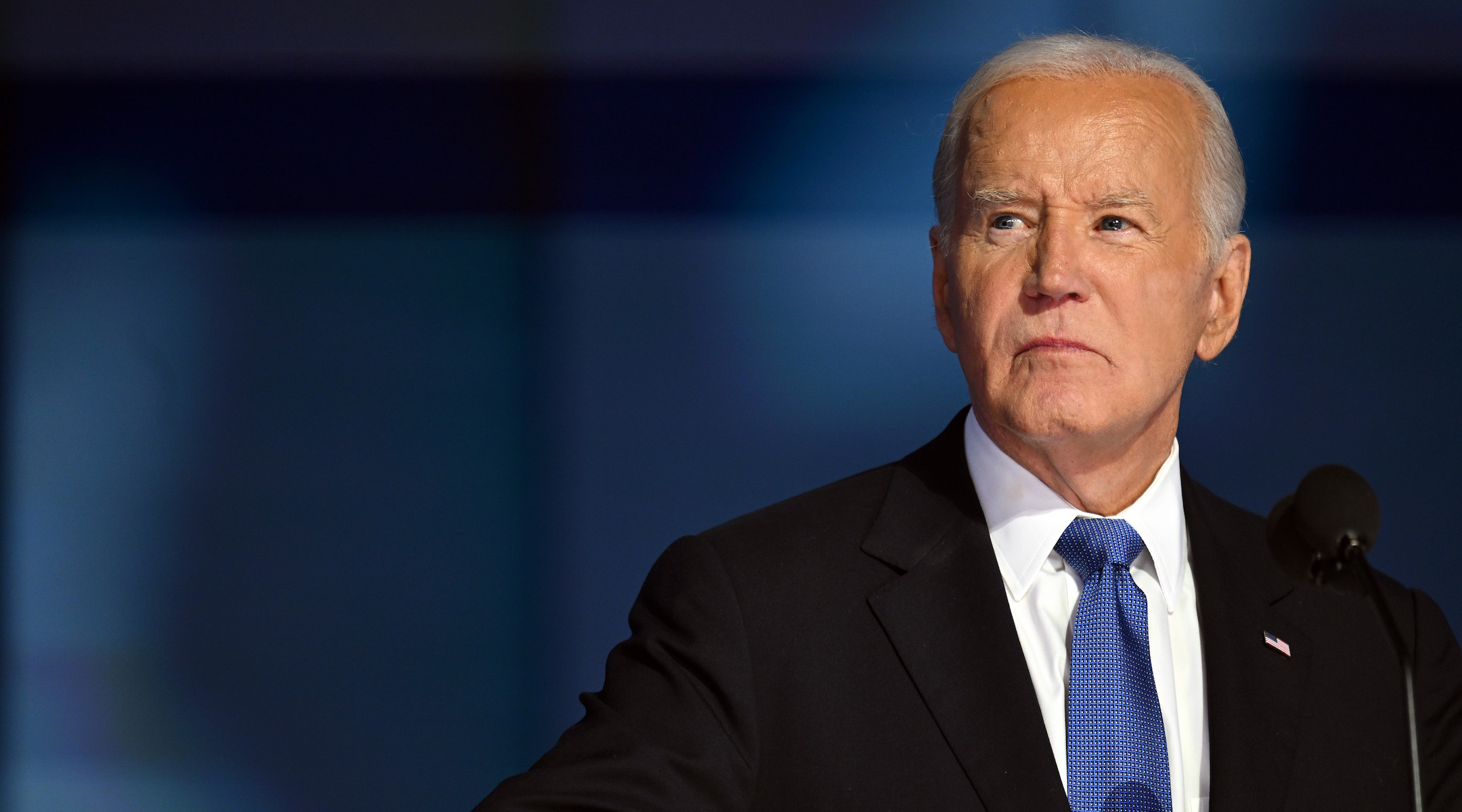Job boards are advertising roles that pay below the UK national living wage, a new study has found.
Research from the TUC revealed that websites including Reed, Indeed and CV-Library posted 46 vacancies offering salaries under the annualised minimum wage of £20,820 on a single day in July.
The union body believes this could be just “the tip of the iceberg”, with many more underpaying roles being posted online weekly.
TUC general secretary Paul Nowak said: “Nobody should be cheated out of the pay they are owed by their employer. But our research has found that lots of employers are advertising jobs at less than the legal minimum wage.
“Workers are not the only victims. These pay cheats undercut all those good employers who do the right thing. And that creates unfair competition.”
UK minimum wage
Employer wins appeal in travel time minimum wage case
Minimum wage rise ‘must not lead to poor treatment of workers‘
Since 1 April 2024, the national living wage hourly rate has been £11.44, which equates to £20,820.20 for a full-time employee working 35 hours per week.
The TUC has warned that abuse of the minimum wage isn’t restricted to illegal or insecure employment. It highlighted that although people under 21 can be paid below the national living wage, advertising jobs at these rates could exclude older applicants and therefore lead to indirect discrimination.
The TUC’s findings were in line with estimates from the Low Pay Commission which suggest that nearly three in 10 jobs (29%) paying the minimum wage or below are salaried positions.
It discovered that most of the 46 jobs advertised at rates under NLW are full-time, salaried roles. Of these, experience was required for 26 positions and desirable for a further three.
Seven positions required qualifications, including degrees or professional certification and 10 advertised a salary range starting below or paying a total of £20,000.
The research has prompted the TUC to urge the government to take tougher action on all wage breaches under its ‘New Deal for Working People’ and to ensure interns are paid at least the minimum amount. It wants the new Fair Work Agency, whose formation was announced during the King’s Speech, must help change the way breaches are enforced to prevent people being “cheated out of pay”.
The body will be created with the HMRC National Minimum Wage enforcement team, Gangmasters and Labour Abuse Authority, and the Employment Agency Standards Inspectorate. The TUC welcomed its formation and believes it will also need many more inspectors than the current system, as well as greater powers to punish employers who act unlawfully.
Nowak added: “The new Fair Work Agency is a chance for the government to crack down on offenders and ensure all workers are paid at least the legal minimum.”
Commenting on the TUC’s findings, the Recruitment and Employment Confederation (REC) agreed that NMW bad practice needs to be “stamped out”.
REC deputy chief executive Kate Shoesmith, said: “National minimum wage rates should always be paid, and the vast majority of businesses do just that – there were 1.7 million live job vacancy postings last month. In fact, many employers regularly have to pay more than the going rate to attract people to roles because of labour and skills shortages.
“Where there is genuine bad practice, this needs to be stamped out. We have always shared a view with the TUC that the new Fair Work Agency is a chance for the government to ensure we have a well-regulated labour market. As it is being created, policymakers must maintain the subject expertise of the current enforcement bodies it is merging. For example, the Employment Agency Standards Inspectorate (EAS) in our part of the labour market is crucial, especially if regulation is expanded to include all labour suppliers and payroll providers, such as umbrella companies.”


 BBC
BBC













